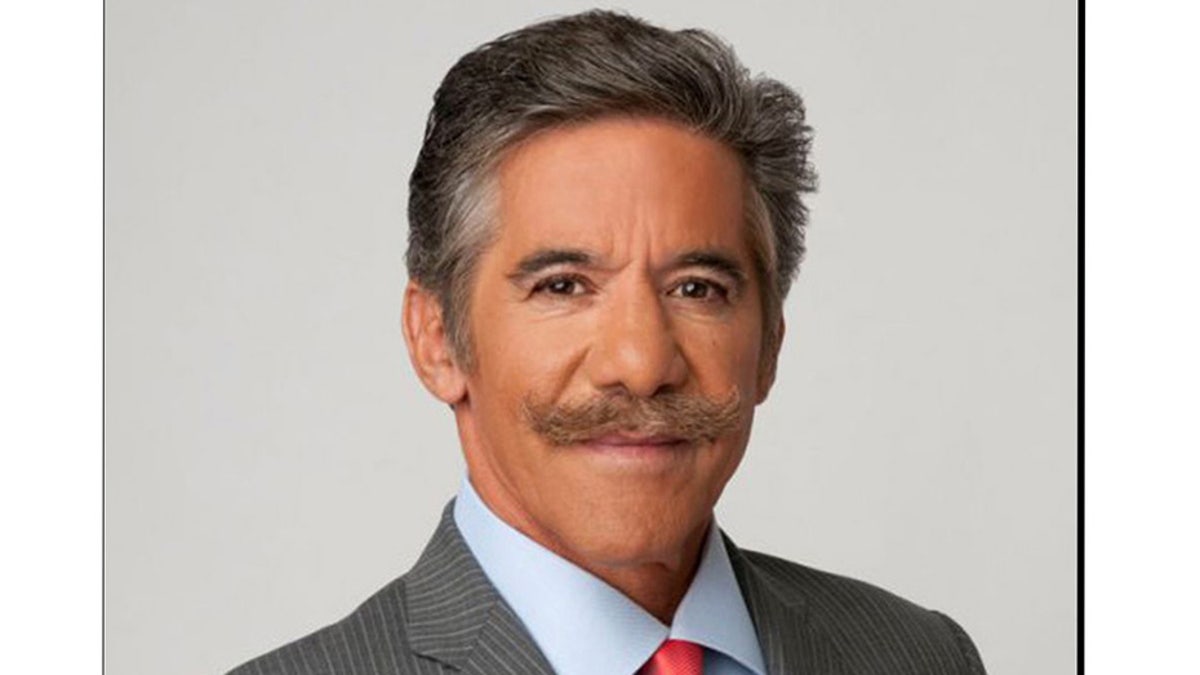
But for Latin America, there would be no Israel today. But for Latin America, there can be no Palestine tomorrow. The key Mideast role played by our neighbors south of the border is usually overlooked by those who still believe history is written in Washington or London.
Flashback to 1947. The United Nations General Assembly Hall was not yet in its stately riverside headquarters on First Avenue in Manhattan, but was located not far from where the Mets play baseball now in Flushing Meadow, Queens. Nevertheless, the modest Assembly Hall was the center of the world during the impassioned debate and frantic negotiations surrounding the monumental vote on whether to partition Palestine into Jewish and Arab enclaves.
For a thousand miles surrounding Jerusalem, there was saber-rattling far more ominous and urgent than even today’s harsh rhetoric. Arab legions were preparing to strike if the Zionist plan for partition was approved. Back in Queens, as the United States under President Harry Truman tried to corral the votes necessary for partition, it did not seem as if that noble plan could succeed.
It needed two-thirds approval of the member nations casting valid votes for partition to pass; abstentions were not counted. So of the 46 nations voting, the creation of the nation of Israel required 31 votes. When the votes were tallied only one Latin nation, Cuba voted against partition. Chile, Colombia, El Salvador, Honduras, Argentina and Mexico abstained. But Bolivia, Brazil, Costa Rica, Dominican Republic, Ecuador, Guatemala, Nicaragua, Panama, Paraguay, Peru, Uruguay, and pre-Chavez Venezuela all voted in favor of Israel; 12 Latin nations providing more than a third of the 33 votes needed. In 1949, Israel became the 59th member of the United Nations.
Flash forward to 2011. But for the support and inspiration of the Latin American voting bloc in the modern UN, there would be no chance that Palestine could become the 194th member of the hugely expanded world body.
Indeed, many believe that the very idea of bypassing the stalled, fruitless Israeli/Palestinian peace talks was Made-in-Latin America, beginning in May 2005 when the Palestinian President Mahmoud Abbas traveled to Brazil for a summit of Arab and Latin American nations. Hosted by activist President Lula da Silva, the Palestinians were promised near-term, full recognition as an independent country.
Recognizing the pivotal role Latin America played vis-à-vis the creation of Israel 62 years earlier, Abbas was determined to corral the gigantic continent emerging from its own lost decades of undemocratic rule. He returned to Latin America four years later, in November 2009, visiting Argentina, Brazil, Chile, Paraguay and Venezuela. Abbas paid special attention to Lula, who by all accounts was enjoying Brazil’s new found role as regional power broker and economic powerhouse, convincing Lula to tour the Mideast. When he did, in March 2010, Lula forcefully condemned the Israeli occupation, reserving particular scorn for the ever-expanding Jewish settlements in the Palestinian West Bank around Jerusalem.
Nine months later, on New Year’s Day 2010, Brazil formally recognized Palestine as an independent state based roughly on the pre-1967 borders. In an elaborate ceremony scarcely noted in this country, President Mahmoud Abbas laid the cornerstone of his embassy in the capital of Brasilia. While hard-left countries Venezuela, Bolivia, and Cuba were always going to be anti-Israel/pro-Palestinian, the generally pro-Western, Pro-American Latin American nations of Argentina, Ecuador, Chile, Paraguay, Dominican Republic, Peru, Uruguay, and the English-speaking mini-nations on the right shoulder of South America, Guyana and Suriname soon followed in recognizing the nascent state.
All are expected to vote in favor of Palestinian statehood during this 66th session of the United Nations General Assembly in New York. President Cristina Fernandez of Argentina, who made history this week as the first woman to open the Assembly has already urged the international community to take this “momentous” step and recognize Palestine as a “free and sovereign state.” She was followed by another woman, Lula’s successor Brazil’s President Dilma Rousseff who also urged support for the incendiary proposal.
Belatedly recognizing that the continent that helped Israel be born was now acting as midwife for the Palestinian state, Israel decided to keep its designated envoy to Honduras in Jerusalem “for consultations” after the Honduran President Porfírio Lobo Sosa announced his support for the statehood bid. What makes that move politically awkward is that Honduras is a strong ally of Israel, receiving most of its sophisticated arms and training from the IDF. In fact, a high-ranking Honduran military delegation was in Israel at the time.
As I write this, no one knows whether the bold Palestinian bid will succeed in the United Nations. But in the General Assembly, where the United States wields no veto power, it is clear that Latin America will do for Palestine what it did for Israel at the time of its birth.
Geraldo Rivera is Senior Columnist for Fox News Latino.
Follow us on twitter.com/foxnewslatino
Like us at facebook.com/foxnewslatino








































